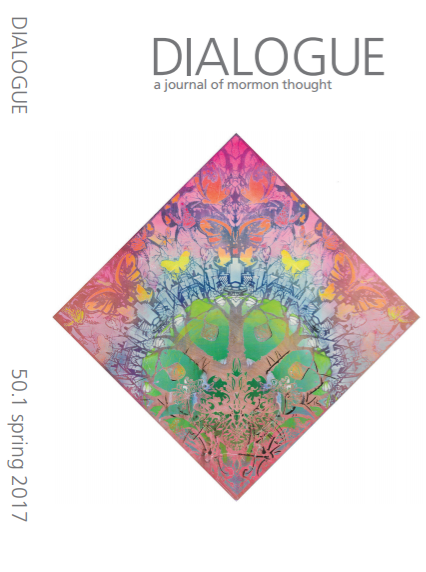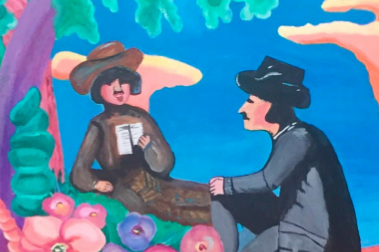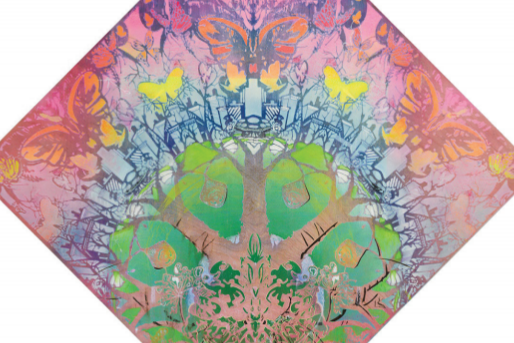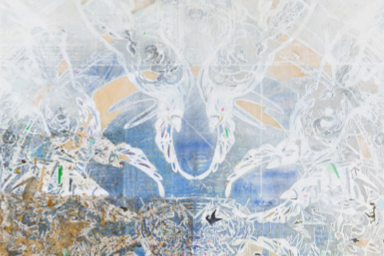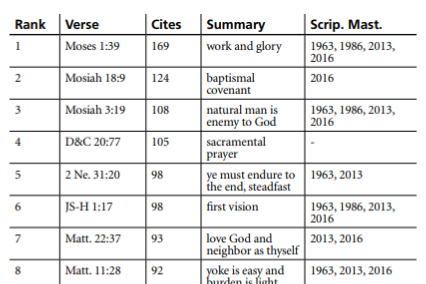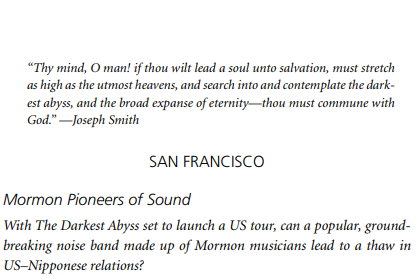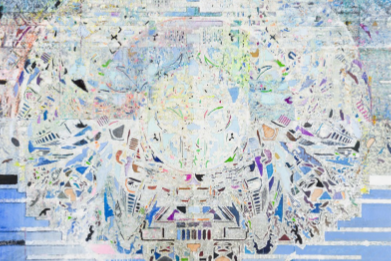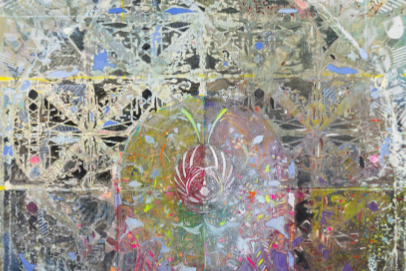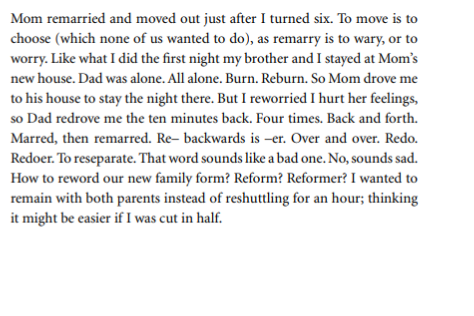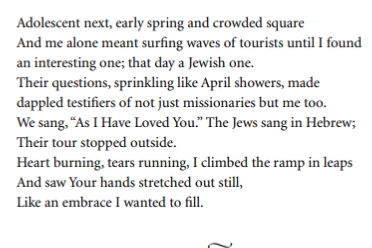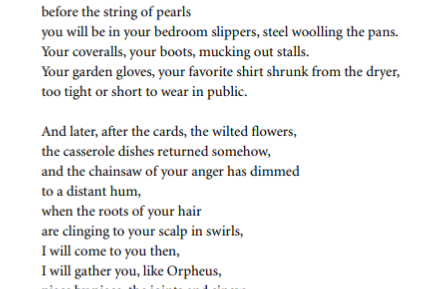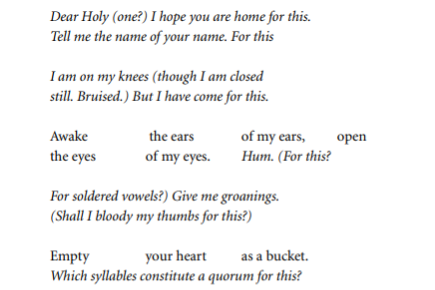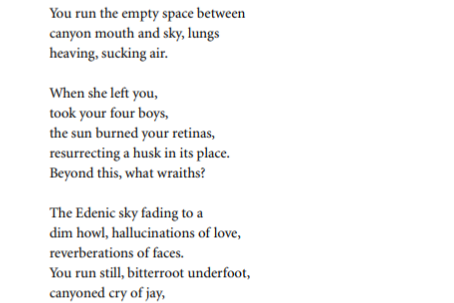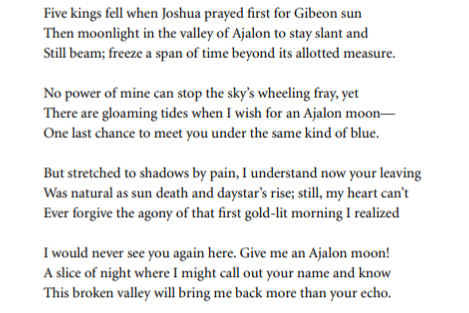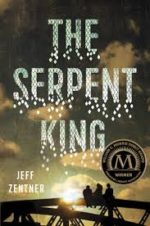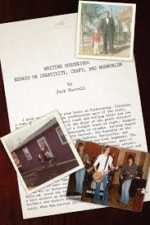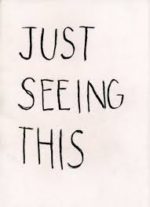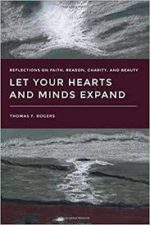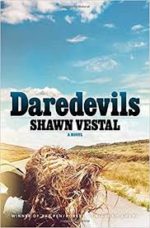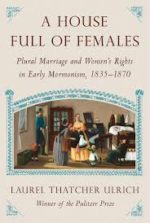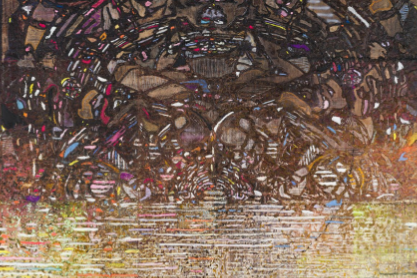Reimagining the Restoration: Why Liberalism is the Ultimate Flowering of Mormonism
Robert A. ReesTonight I want to challenge some of the conventional axioms of Mormon religion and culture and to propose a more progressive Mormonism. Let me begin, however, with a tribute to my dear friend Eugene England. In the introduction to the festschrift I edited in his honor titled Proving Contraries (which is an apt summary of Gene’s life), I wrote, “Outside of some in the general Church leadership, perhaps no Latter-day Saint of our generation enjoyed such wide and deep affection and respect as Gene did.”I imagine that when some scholar writes the history of modern Mor monism Gene will be seen as one of our most enlightened and influential teacher/scholars. My hope is that what I have to say tonight illuminates some of the ideas that animated his discipleship and exemplifies some of the virtues that governed his life. It has been an enormous loss these past fourteen years to have been deprived of his intellect and spirit. Gene had a good heart. Like most liberals, it was a little to the left.
Read more





